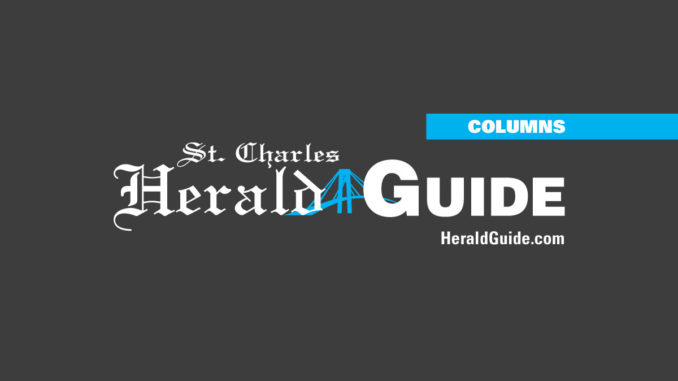
The health care legislation is now law. The most massive – and costly – domestic government initiative in history will soon be bringing about many changes nationally and in Louisiana. Our state leaders should begin taking actions now to head off the fiscal disaster we will be facing in a few years when some provisions of the law take effect.
Initially, perhaps the most popular and positive aspect of the legislation – health insurance reforms – will bring joy to some, but it will bring higher insurance premiums to most private payers. Prohibiting the denial of coverage to individuals with pre-existing conditions or who contract a health problem while insured is certainly a humanitarian thing to do. But those provisions will quickly lead to an increase in insurance premiums for the healthy.
Likewise, the provisions that limit higher premiums of older policy holders to a 3-1 ratio will also mean that the younger insureds will pay higher premiums. Nothing in the legislation will offset the higher costs that these insurance coverage reforms will create.
From a state standpoint, the inclusion of $345 million of the so-called “FMAP fix” will help with the 2010/2011 budget that the Legislature will fashion in the legislative session which began Monday. But what the government giveth, it also taketh away. Beginning in 2014, Medicaid eligibility will expand to 133 percent of the poverty level. In Louisiana, that means that an additional 380,000 individuals will come on to the Medicaid rolls. That will result in two serious financial problems for the state.
For the first two years, the federal government (allegedly) will pick up the full cost of Medicaid coverage for those new enrollees. But after that, the state must assume part of the financial responsibility for the coverage. That will eventually mean an additional $345 million coming out of the state general fund. But the financial consequences don’t end there.
For years, the state has been receiving “disproportionate share” health care money from the federal government because a “disproportionate share” of our population is below the poverty level. Once that money started flowing in, our state officials used it to fund the Charity Hospital system. “Dispro” money went into the system and supplanted the general fund money that was then spent elsewhere in the state budget. That created two problems. Charity hospital funding became almost exclusively dependent on the continued receipt of the “dispro” money.
That left no money available for uncompensated care dispensed by private and not-for-profit hospitals. Coupled with the trend of giving private providers much higher cuts in Medicaid compensation when budget cuts hit, it has left the entire health care system in the state on shaky financial footing. When the private providers complained, the state told them to pass it on to the private payers-and they did, driving up private insurance premiums.
Once those 380,000 individuals come on to the Medicaid rolls, the “dispro” money will disappear. The state will not only have to come up with its share of funding for the Medicaid coverage, it will also lose the bulk of the funding now going toward operating the Charity Hospital system. If the state continues to operate that system, it will have to make substantial cuts in other areas of the budget. If past practices are any indication of future policy, state officials will try to decimate Medicaid reimbursements even more to providers who will be even more stressed by other aspects of the federal legislation at that point. And they will attempt to pass those soaring costs on to the privately insured.
Our state leaders had best begin a hard look immediately at what the entire health care system of Louisiana is going to look like five years down the road when ObamaCare in all of its glory comes home to roost in the Bayou State.




Be the first to comment